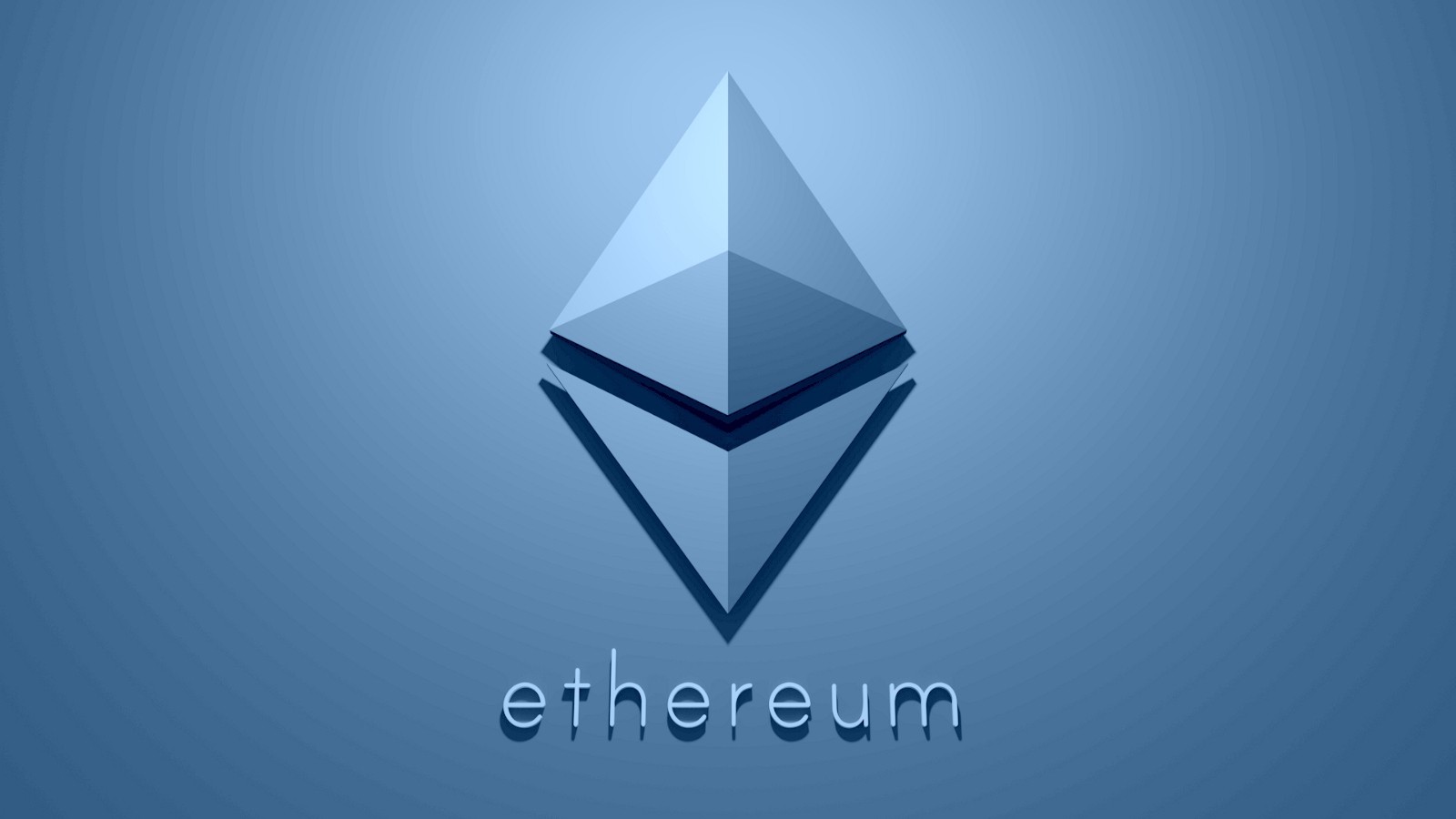The trading of Ethereum (ETH) is a subject of paramount interest within the cryptocurrency community. As the blockchain platform that introduced intelligent contracts into the digital ledger ecosystem, Ethereum has become a crucial industry element. In this article, we navigate the intricate web of ETH exchange, shedding light on the various platforms and mechanisms that enable the trading of this foundational cryptocurrency.
Understanding Ethereum Exchanges
Ethereum exchanges are platforms where users can buy, sell, or trade ETH for other digital currencies or fiat currencies. These exchanges are critical junctures in the blockchain ecosystem, providing liquidity and price discovery for Ethereum tokens. They range from centralized services to decentralized platforms, each with unique features catering to different user needs.
Centralized Exchanges: The Traditional Route
Centralized exchanges (CEXs) are the most common avenues for trading ETH. These platforms are operated by specific companies that provide a trading service for a fee. They offer a wide range of tools for traders, including advanced charting, margin trading, and various order types. However, they also require users to entrust their funds to the exchange, posing a counterparty risk.
Decentralized Exchanges: A Peer-to-Peer Approach
Decentralized exchanges (DEXs) are gaining traction as they offer a peer-to-peer trading environment without needing an intermediary. These platforms run on smart contracts on the Ethereum network, allowing users to maintain control of their private keys and funds. DEXs often provide a more secure trading experience but may need more liquidity and user-friendliness than their centralized counterparts.
The Role of Wallets in ETH Trading
To trade ETH, one must have a digital wallet. Wallets not only store cryptocurrency but also interact with various exchanges. Selecting the right wallet—a choice between hot wallets, which are connected to the internet, and cold wallets, which are offline—is crucial for security and accessibility in trading ETH.
Liquidity Pools and Automated Market Makers
Innovative mechanisms such as liquidity pools and automated market makers (AMMs) have emerged with the rise of DEXs. These allow users to trade ETH directly with a collection of funds rather than individual counterparties, often resulting in more stable prices and instant trades.
Fees and Slippage in ETH Exchange
Every ETH trade comes with associated costs, including network fees (known as “gas” on the Ethereum network) and, depending on the platform, trading fees. Traders must also consider slippage—the difference between the expected price of a trade and the price at which the work is executed—which can affect trade outcomes, especially in volatile markets.
Security Considerations for ETH Exchanges
Security is a top priority when trading ETH. This includes not only choosing secure platforms but also practicing safe trading habits, such as using two-factor authentication, being wary of phishing attempts, and regularly updating software.
Regulatory Aspects of ETH Trading
The regulatory environment for ETH trading varies by jurisdiction and can have significant implications for traders. Compliance with Know Your Customer (KYC) and Anti-Money Laundering (AML) laws is mandatory on most centralized exchanges, affecting the privacy and ease of trading.
The Impact of Ethereum Upgrades
Ethereum’s transition to Ethereum 2.0, which aims to switch the network from proof-of-work to proof-of-stake, is set to impact ETH trading profoundly. This upgrade will likely reduce transaction fees and improve the scalability of the network, making ETH exchanges more efficient.
Selecting an ETH Exchange
Choosing the proper ETH exchange involves considering fees, security, regulatory compliance, user experience, and liquidity. Traders should conduct thorough research and consider their trading style and security preferences when selecting an exchange.
Conclusion: Navigating the ETH Exchange Landscape
In summary, the ETH exchange landscape is diverse and complex, offering various pathways for trading Ethereum. Whether through centralized exchanges for their advanced features and liquidity or decentralized platforms for their security and innovation, traders have many options for engaging with the Ethereum market. As the blockchain continues to evolve, so will the exchanges that form the backbone of the ETH trading ecosystem.







